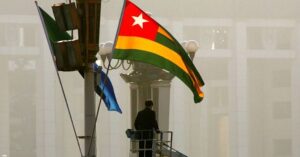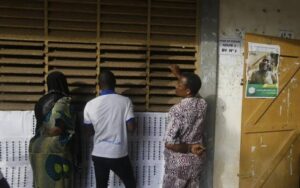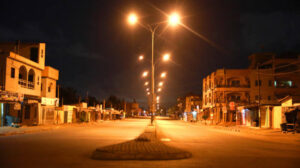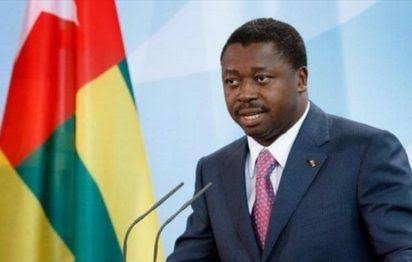Togo, a nation with a long history of presidential rule, is undergoing a significant shift in its political landscape as lawmakers approve a constitutional change that alters the process of electing the country’s president.
Despite being labeled as a democracy on paper for nearly five decades, Togo has been dominated by just two presidents since 1979. The recent move comes after Faure Gnassingbé’s controversial ascent to power in 2005, succeeding his father, Gnassingbé Eyadéma, who ruled Togo for nearly four decades.
Earlier this week, Togolese lawmakers passed a constitutional amendment that strips the president of significant powers, relegating the role to a ceremonial position with an extended tenure of six years.
Also, read: Tragedy Strikes as Bus Carrying Easter Worshippers Plunges off Cliff in South Africa
This marks the country’s second major constitutional revision in five years, following the implementation of a two-term limit for presidents in 2019. However, as the amendment does not apply retroactively, Gnassingbé remains eligible for two additional terms after already serving 15 years in office.
Under the new system, presidents will no longer be directly elected by the public but instead will be selected by parliament “without debate.” Executive power will be vested in a “president of the council of ministers,” signaling Togo’s transition towards a parliamentary form of governance. The timeline for implementing this new law remains unclear.
According to the amendment, the president of the council of ministers will serve a single six-year term and will be either the leader of the majority party or the leader of the winning coalition in legislative elections. The constitutional change passed with minimal opposition, with only one MP voting against the bill and another abstaining. Notably, opposition parties, largely absent from the legislative process, have faced challenges in Togo’s electoral landscape, marked by violence and allegations of irregularities.
As Togo prepares for upcoming parliamentary elections next month, the absence of opposition candidates underscores ongoing political tensions within the country. With the political landscape evolving rapidly, Togo stands at a critical juncture in its journey towards democratic reform.

